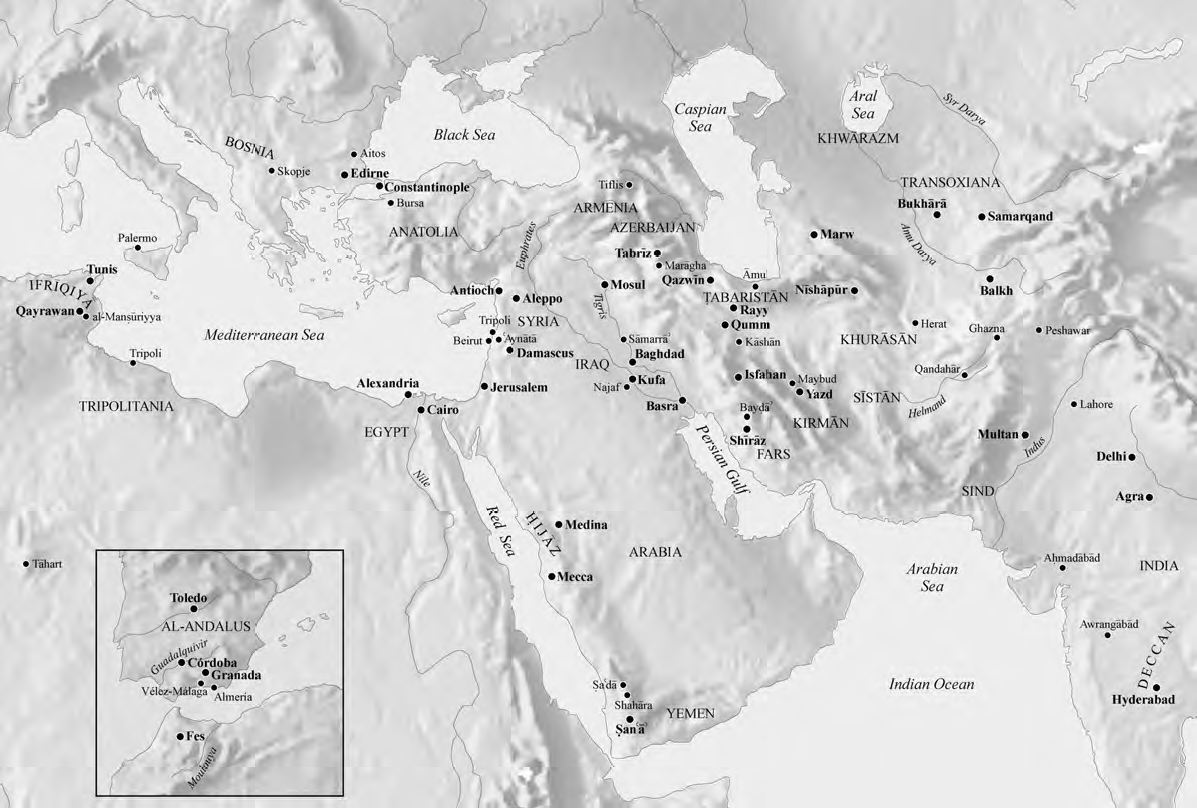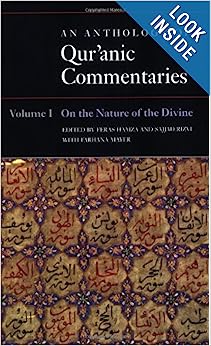Hamza is assistant professor of Middle Eastern Studies at the American University in Dubai. He completed his doctoral studies in Islamic history at the University of Oxford (2001), where his dissertation examined the development of the concepts of hell and intercession against the sectarian background of the first two centuries of Islam.
Three of the six questions discussed in the linked interview are:
- What role have Qur’anic commentaries played in the shaping of Muslim intellectual life and how do you expect this work to contribute to it?
- What criteria were employed to select the verses and the commentaries you have chosen for the book?

- How have the mufassirun addressed the diversity of ways in which people have understood the Qur’an? What views have they expressed about the plurality of meanings associated with Qur’anic verses?
The Institute of Ismaili Studies was established in 1977 with the object of promoting scholarship and learning of Muslim cultures and societies, historical as well as contemporary, and a better understanding of their relationship with other societies and faiths.
(With thanks to Dr. Andrew Rippin)
© International Qur’anic Studies Association, 2013. All rights reserved.


